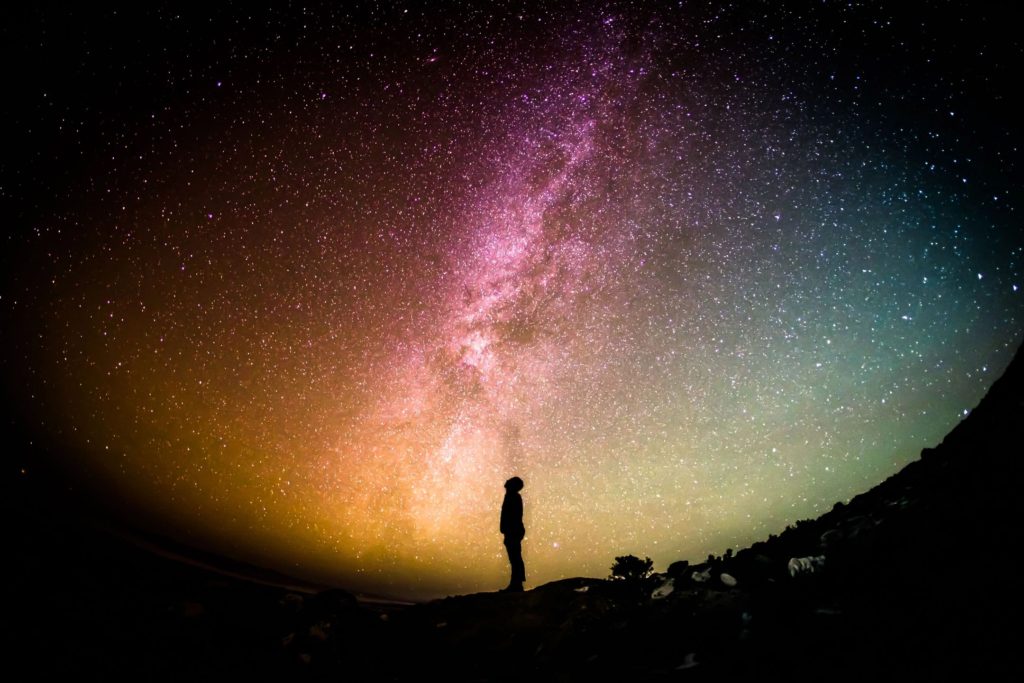 Every morning for two solid weeks I woke at 3 a.m. Not 3:05 or 3:10, exactly 3:00 a.m. sharp. For the life of me, I couldn’t figure out why.
Every morning for two solid weeks I woke at 3 a.m. Not 3:05 or 3:10, exactly 3:00 a.m. sharp. For the life of me, I couldn’t figure out why.
One or two mornings could be a fluke. Fourteen? No way was that a coincidence.
Like any good writer when faced with a mystery, I researched possible reasons why. More importantly, I needed a solution so I didn’t join the walking dead.
What I learned fascinated me.
 Because self-care is vital for writers, I thought I’d share my discovery in case one of you may be experiencing the same thing. This, of course, applies to everyone, not just writers, but I like to make us feel special.
Because self-care is vital for writers, I thought I’d share my discovery in case one of you may be experiencing the same thing. This, of course, applies to everyone, not just writers, but I like to make us feel special.
While searching for a cause, I stumbled across an interesting discussion on Quora. An older gentleman mentioned his body had acclimated to waking at the end of each sleep cycle for a bathroom break. After which, he immediately fell back asleep.
Men tend to have an easier time falling asleep after waking due to higher levels of testosterone, which greatly enhances sleep. Hence why so many older women have difficulty sleeping through the night. Testosterone levels and prostrates start to wane as men age, hence the bathroom breaks, but it plummets in women, as we only start with a fraction of what they have.
Could decreasing hormones cause my 3 a.m. wake-up call? And if so, how can I fix it?
When I read the Quora discussion, more questions arose:
- How long is a normal sleep cycle?
- How many sleep cycles do we have per night?
- How can I cancel the 3 a.m. wake-up call without pharmaceuticals?
Whenever possible, I prefer natural remedies. Not only is it healthier but all pharmaceuticals in their infancy stem from nature. Why not skip the middleman?
My.ClevelandClinic.org describes sleep basics as:
“Sleeping doesn’t mean your brain is totally inactive. While you’re less aware of the world around you, you still have plenty of detectable brain activity. That brain activity has predictable patterns. Experts organized those patterns into stages. The stages fall broadly into two categories: rapid eye movement (REM) sleep and non-REM (NREM) sleep.”
During a normal sleep cycle, the brain enters four stages.
When we first fall asleep, we enter stage 1 NREM (non-REM). The lightest stage of sleep, this stage only lasts a few minutes, about 5% of our sleep time. After that, we fall deeper asleep and move into stage 2 NREM, where brain waves slow and have noticeable pauses between short, powerful bursts of electrical activity. Experts think those bursts are the brain organizing memories and information from the time we spent awake.
 We then enter stage 3 NREM, the deepest sleep. Brain waves are slow but strong. Our bodies take advantage of deep sleep to repair injuries and reinforce the immune system. We desperately need stage 3 NREM to feel rested upon waking. Without enough of stage 3, we’d feel tired and drained even if we stayed in bed for eight hours.
We then enter stage 3 NREM, the deepest sleep. Brain waves are slow but strong. Our bodies take advantage of deep sleep to repair injuries and reinforce the immune system. We desperately need stage 3 NREM to feel rested upon waking. Without enough of stage 3, we’d feel tired and drained even if we stayed in bed for eight hours.
After the most beneficial stage of sleep, we return to stage 2 NREM, the gatekeeper of REM sleep. REM (rapid eye movement) cycle is where we dream; it makes up about 25% of total sleep time. The first REM cycle is the shortest, around 10 minutes. Each one that follows is longer than the last, up to an hour.
After REM, we start a new sleep cycle and go back into stage 1 or 2 NREM. One full cycle lasts 90 – 120 minutes. If we get a full eight hours of sleep, we should go through four or five cycles per night.
Though fascinating, it still didn’t explain why I kept waking at 3 a.m.
I dug deeper into sleep cycles and possible reasons for an abrupt disruption. Again, I leaned toward a possible decrease in testosterone. He wasn’t the culprit. Only one hormone is released at 3 a.m.—serotonin. But I thought serotonin, dopamine, oxytocin, and endorphins were our friends. They’re our feel-good hormones. How could serotonin be responsible for such an evil act?
Evidently, our bodies release small amounts of serotonin at that ungodly hour to prepare us to wake in a few hours.
Here’s the rub…
 Stress can switch the trickle of serotonin, which keeps us from feeling sluggish and groggy during the day, into a massive flood. This surge wakes us immediately rather than acting like a gentle nudge toward wakefulness.
Stress can switch the trickle of serotonin, which keeps us from feeling sluggish and groggy during the day, into a massive flood. This surge wakes us immediately rather than acting like a gentle nudge toward wakefulness.
I didn’t think I was stressed. Upon reflection, my endless to-do list had been weighing on me. I’d lost so much writing time (packing, moving, unpacking, acclimating) that I let that negative voice whisper horrible things about me. A writer’s inner critic is a feral beast worthy of a firing squad. Or a public hanging. I usually have an easier time silencing her, but the lack of sleep weakened my fighting spirit.
Regardless, I refused to accept my fate. I don’t mind waking at 4:30ish but 3 a.m. wrecked me.
How did I combat the influx of serotonin?
The answer is so simple. We do it every day, all day. Anyone? Anyone? We’ve talked about this before.
Deep breathing exercises. Specifically, what’s known as box breathing, commonly used by Navy SEALs and other Special Forces.
As soon as I crawl into bed, I take a moment to inhale through my nostrils for a four-count, hold for four, exhale out my mouth for four, and hold again. Four or five rounds works for me. You may be different. Try it. You’ll know when to stop.
 The box breathing technique helps to regulate breathing, reduce stress and anxiety, and improve focus and concentration.
The box breathing technique helps to regulate breathing, reduce stress and anxiety, and improve focus and concentration.
By reducing stress at bedtime, my body doesn’t trigger serotonin to flood my system at 3 a.m. Ever since I implemented this nightly routine, I’ve slept till 5:30 – 6 a.m.
Sometimes, the easiest solution is the right one.
So, TKZers, how well do you sleep? Have you tried deep breathing exercises to combat stress and/or improve focus?







 Private pilot Cassie Deakin lands in the middle of a nightmare when she finds her beloved Uncle Charlie has been assaulted by thieves. Then things get worse.
Private pilot Cassie Deakin lands in the middle of a nightmare when she finds her beloved Uncle Charlie has been assaulted by thieves. Then things get worse.